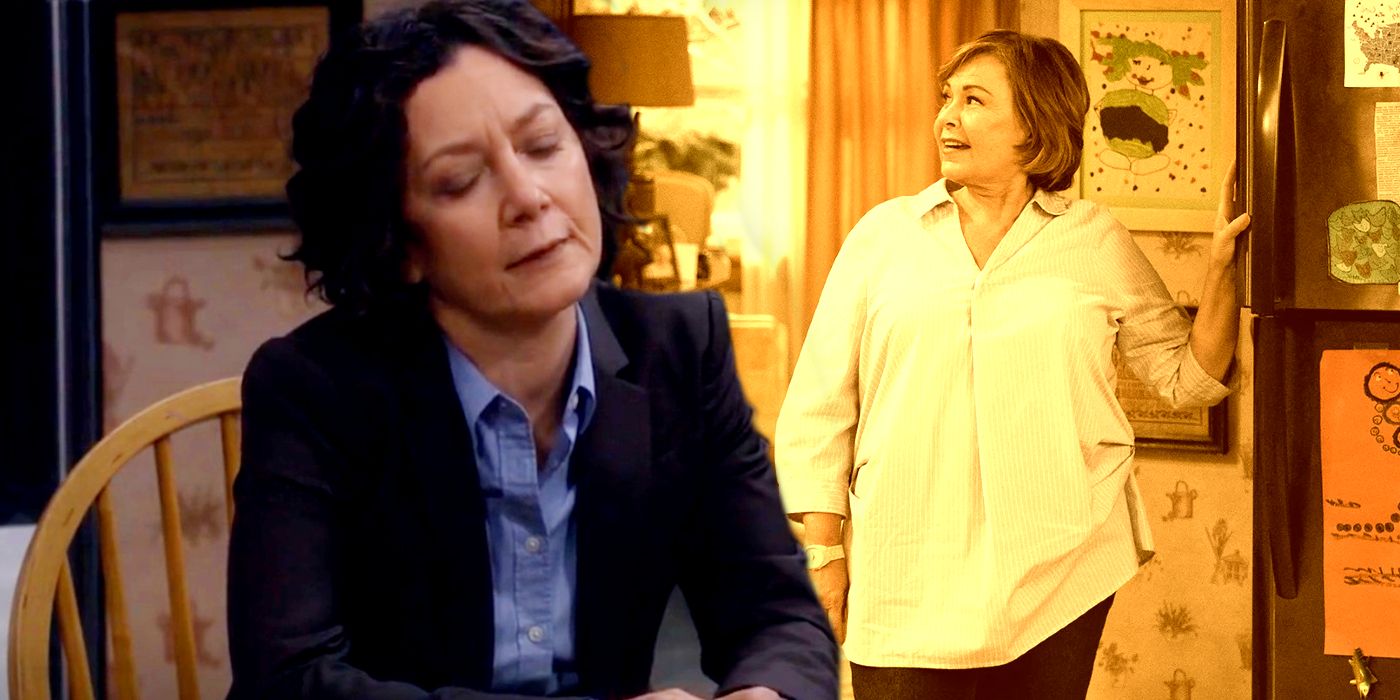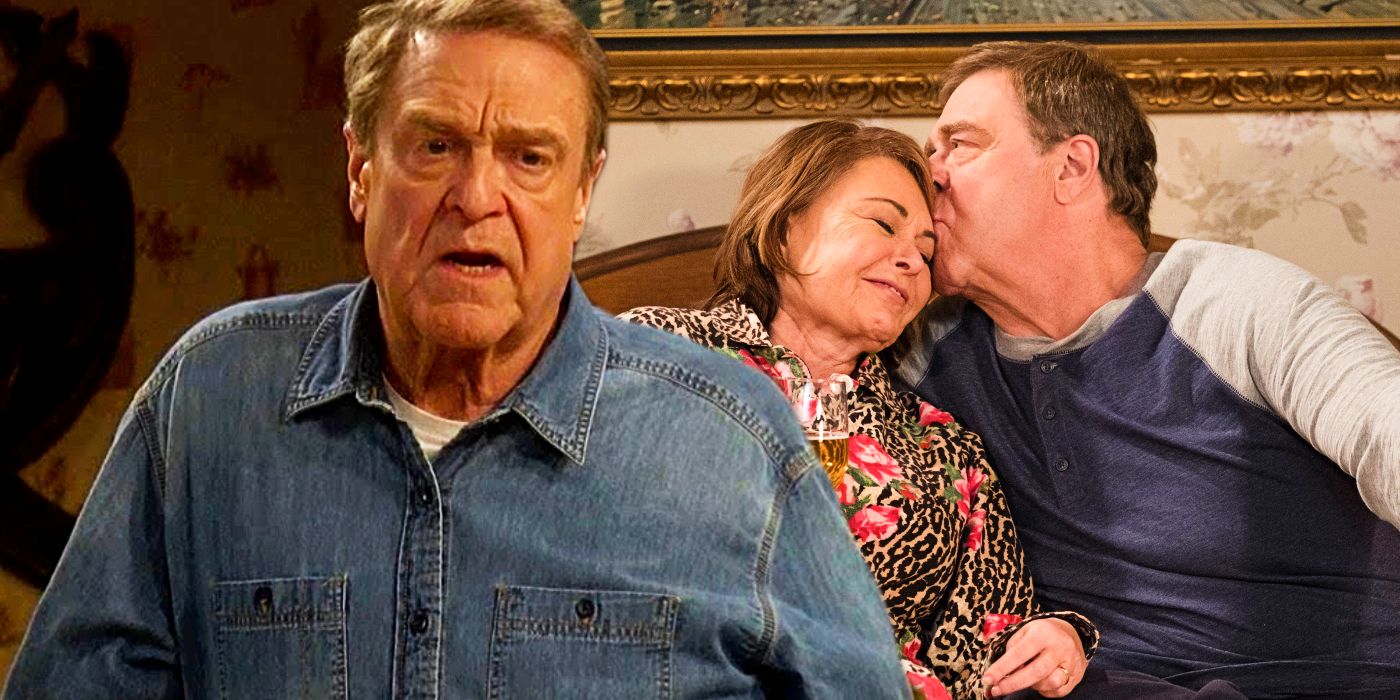Few comedy shows take on harsh realities like the job market, but Roseanne was unflinching in its depiction of working-class life and The Conners has proven that the show can keep this spirit alive in season 4. Both shows have won critical praise for their content and themes, addressing everything from family dynamics to personal relationships. However, it is the economic angle explored on-screen that remains The Conners biggest asset.
The Conners has not always had an easy time following up Roseanne. The family sitcom was retooled in 2018 after its former star Roseanne Barr was fired for racist remarks made on Twitter and her title character was killed off. Since then, everything from Jackie’s relationship with the Conners after her sister’s death to the show’s limited references to Roseanne herself has caused consternation. The Conners has made an admirable stab at keeping the tone of Roseanne in the new series but, as with any show replacing its title character, the sitcom had not had an easy time of this.
However, despite these difficulties, The Conners has managed to maintain Roseanne’s (relatively) realistic depiction of working-class life and this has proven the show’s saving grace on numerous occasions. For example, the primary plotline of ”Big Negotiations and Broken Expectations” (season 4, episode 17) sees Darlene accidentally quitting her job when she and her boss both demand raises, threaten to leave, and are immediately dismissed on the spot. Although The Conners has always taken on working-class issues, this storyline, in particular, nailed Roseanne’s commitment to discussing the ins and outs of work itself without sugarcoating the realities of American labor. The Conners proved that honoring Roseanne’s memory doesn’t always mean referencing the late character herself, but can also mean staying true to the ethos of the earlier sitcom.
Despite including some solid laughs, Darlene and her boss’s struggle to demand a raise was a discomforting plot. Where most sitcoms would allow the duo to triumph or hand Darlene a new, nicer job, The Conners depicted the scheme resulting in both being fired (albeit temporarily). It was a surprisingly grounded, believable struggle that brought to mind poignant Roseanne outings like season 2’s “Guilty By Disassociation,” wherein Roseanne lost out on a promising job opportunity as she was not computer-literate. That episode ended on a similarly hopeful, but not full-blown unrealistic note as Roseanne refused to shy away from the reality of unemployment in families where both parents work.
There are still a lot of unsolved Roseanne problems on The Conners, and the spinoff has not been able to erase the memory of its former star from the minds of viewers. However, focusing on issues that affect working-class audiences and approaching these struggles with empathy and humor ensures that The Conners feels like Roseanne where it counts. This is something that few sitcom revivals can claim, and it is made all the more impressive by the fact that The Conners pulls this off without the original star’s involvement. While the future of the Roseanne spinoff is uncertain for now, The Conners season 4 is giving fans of the earlier show a reason to tune in.


